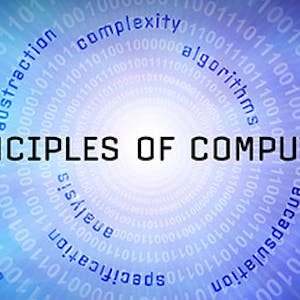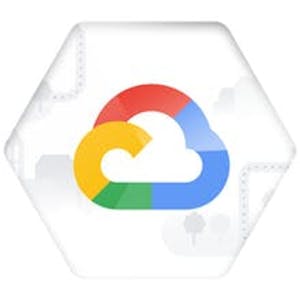Principles of Computing (Part 2)
About this Course
This two-part course introduces the basic mathematical and programming principles that underlie much of Computer Science. Understanding these principles is crucial to the process of creating efficient and well-structured solutions for computational problems. To get hands-on experience working with these concepts, we will use the Python programming language. The main focus of the class will be weekly mini-projects that build upon the mathematical and programming principles that are taught in the class. To keep the class fun and engaging, many of the projects will involve working with strategy-based games. In part 2 of this course, the programming portion of the class will focus on concepts such as recursion, assertions, and invariants. The mathematical portion of the class will focus on searching, sorting, and recursive data structures. Upon completing this course, you will have a solid foundation in the principles of computation and programming. This will prepare you for the next course in the specialization, which will begin to introduce a structured approach to developing and analyzing algorithms. Developing such algorithmic thinking skills will be critical to writing large scale software and solving real world computational problems.Created by: Rice University

Related Online Courses
This Guided Project was created to help software developers seamlessly integrate Amazon Q into their workflow, enhancing their coding efficiency and accuracy. In this 1-hour long project-based... more
This specialization is intended for aspiring learners and professionals seeking to hone their skills in the quantitative finance area. Through a series of 5 courses, we will cover derivative... more
If you want to help your patients or clients manage conditions or symptoms such as pain and anxiety, this specialization will provide the knowledge and skills needed. In these five courses, you... more
Understanding organizational adoption of Google Cloud. This series of courses starts with the basics of digital transformation and Google Cloud and then builds on that knowledge to understand the... more
In the third course, you will learn how to use information from cost accounting to improve managerial decision-making. We discuss business decisions and suggest how cost information can support... more








